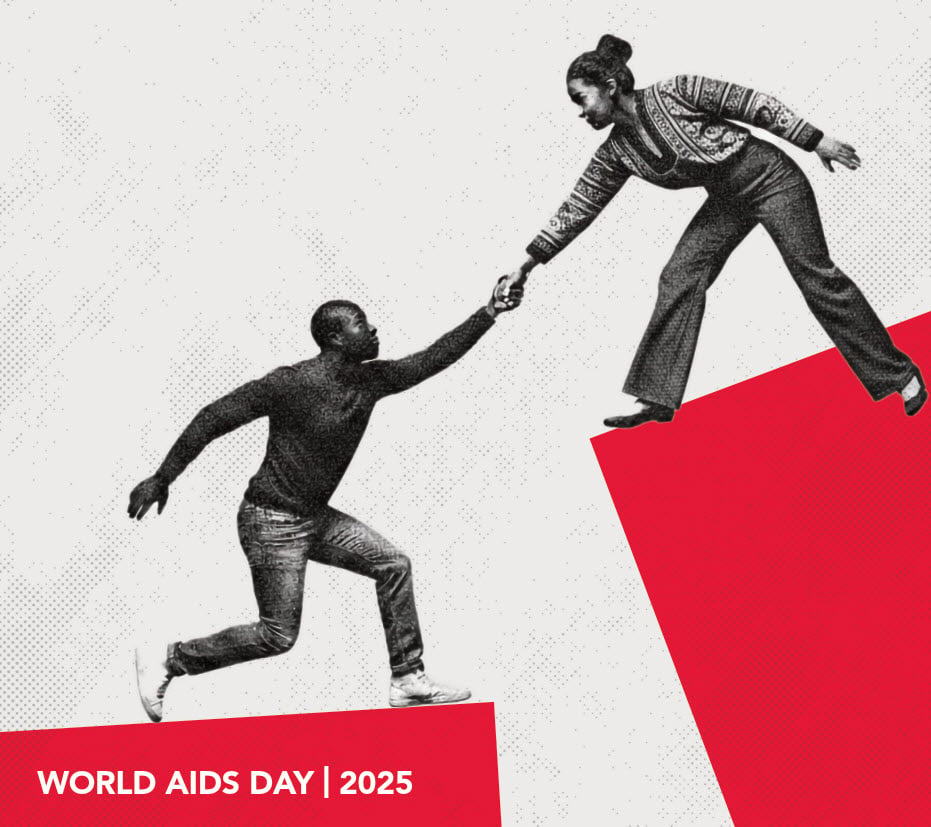

World AIDS Day 2025
1 December
WHO
World AIDS Day 2025: Overcoming disruption, transforming the AIDS response
World AIDS Day 2025: Overcoming disruption, transforming the AIDS response
©
Credits
Overcoming disruption, transforming the AIDS response.
On 1 December WHO joins partners and communities to commemorate World AIDS Day 2025, under the theme "Overcoming disruption, transforming the AIDS response", calling for sustained political leadership, international cooperation, and human-rights-centred approaches to end AIDS by 2030.
After decades of progress, the HIV response stands at a crossroads. Life-saving services are being disrupted, and many communities face heightened risks and vulnerabilities. Yet amid these challenges, hope endures in the determination, resilience, and innovation of communities who strive to end AIDS.
In 2024, an estimated 40.8 million people were living with HIV globally |
Approximately 630 000 people died from HIV‑related causes in 2024 |
An estimated 1.3 million people acquired HIV in 2024 |
Have you heard about Lenacapavir or LEN, a new drug WHO recommends to protect people at risk of HIV?
Join global leaders, communities and citizen in Geneva to commemorate World AIDS Day 2025

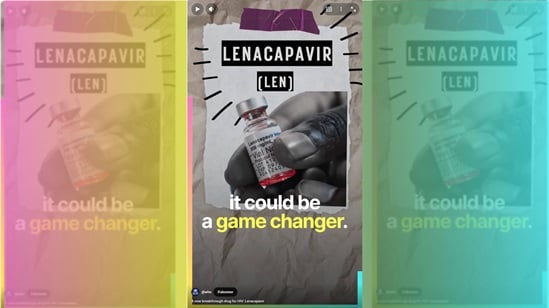
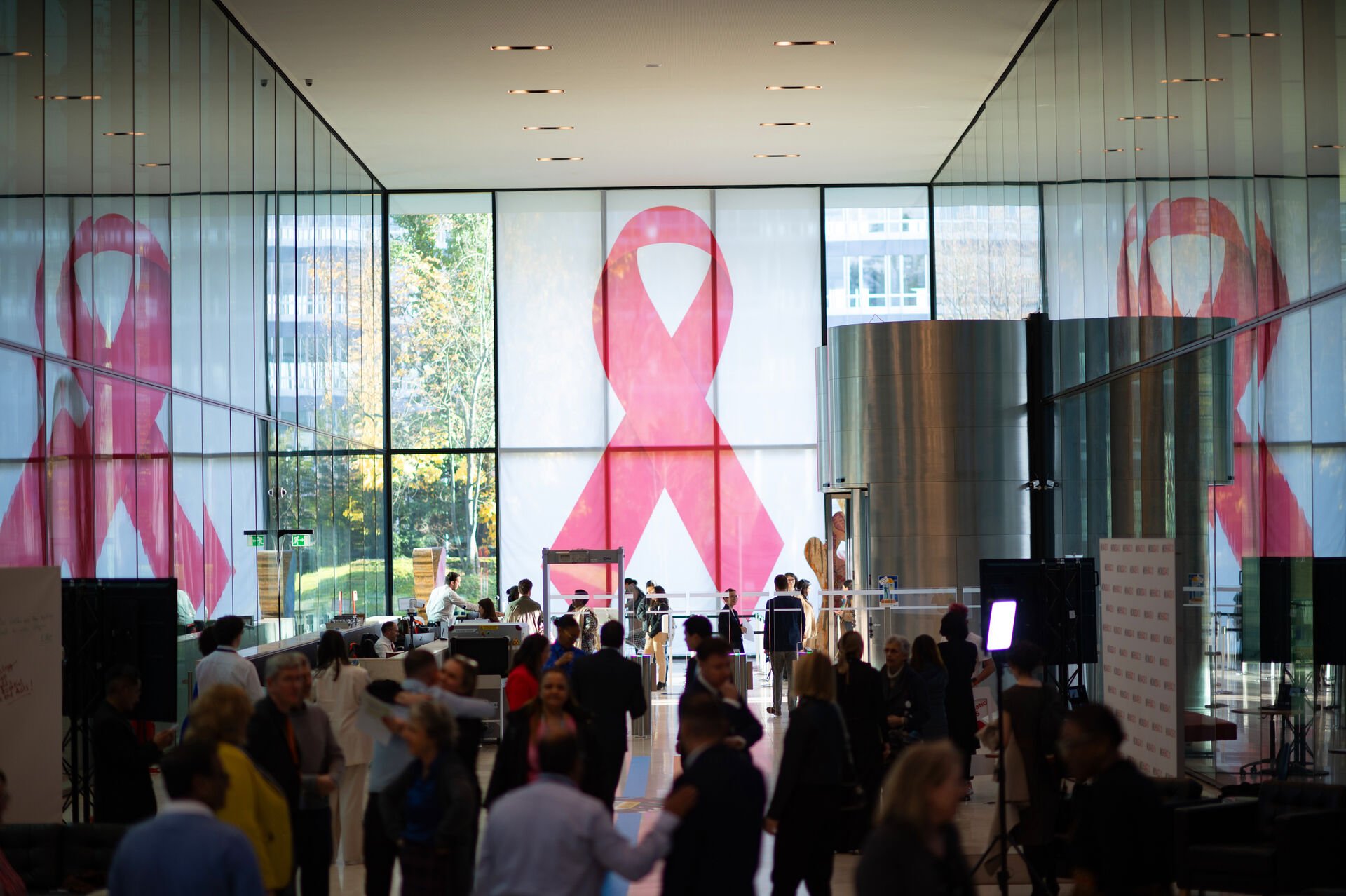
/global-hiv-hepatitis-and-stis-programmes-(hhs)/boosting-efforts-to-transform-care-for-ncd-in-sierra-leone.tmb-768v.jpg?sfvrsn=73252117_1)

/global-hiv-hepatitis-and-stis-programmes-(hhs)/data-manager-flavia-and-new-staff-at-railways-health-clinic-in-kisumu-kenya.tmb-768v.jpg?sfvrsn=1f5d530a_1)
/campaigns/world-aids-day/2024/community-hiv-aids-testing.tmb-768v.jpg?sfvrsn=ef0e09c2_1)
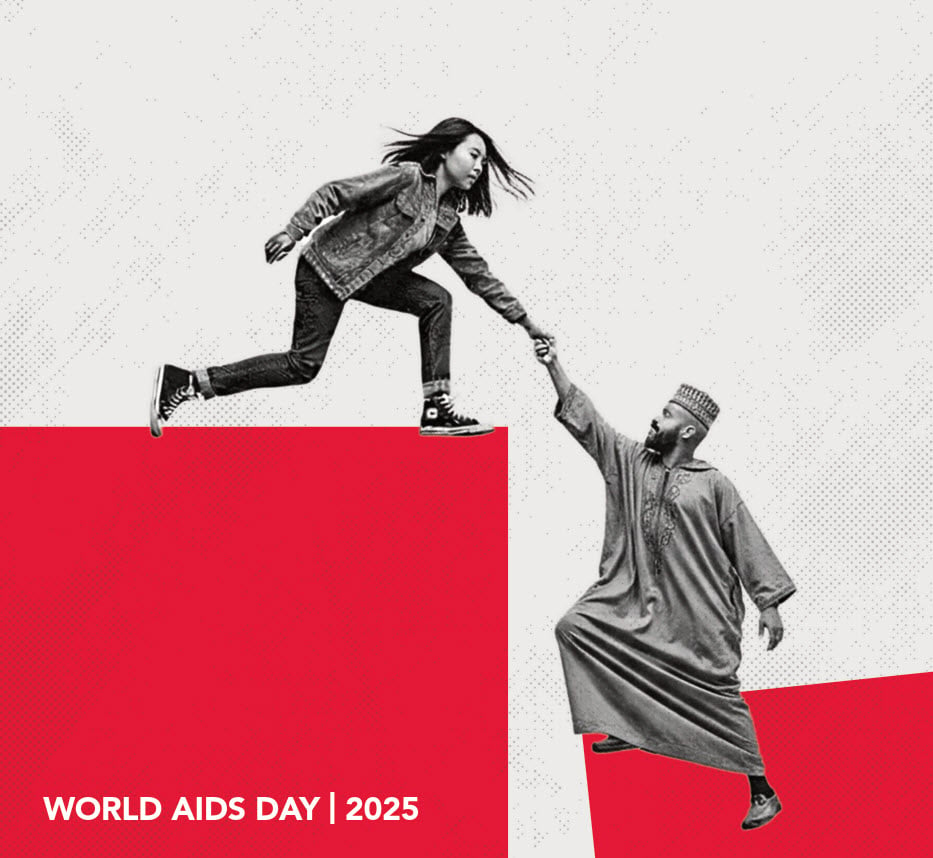
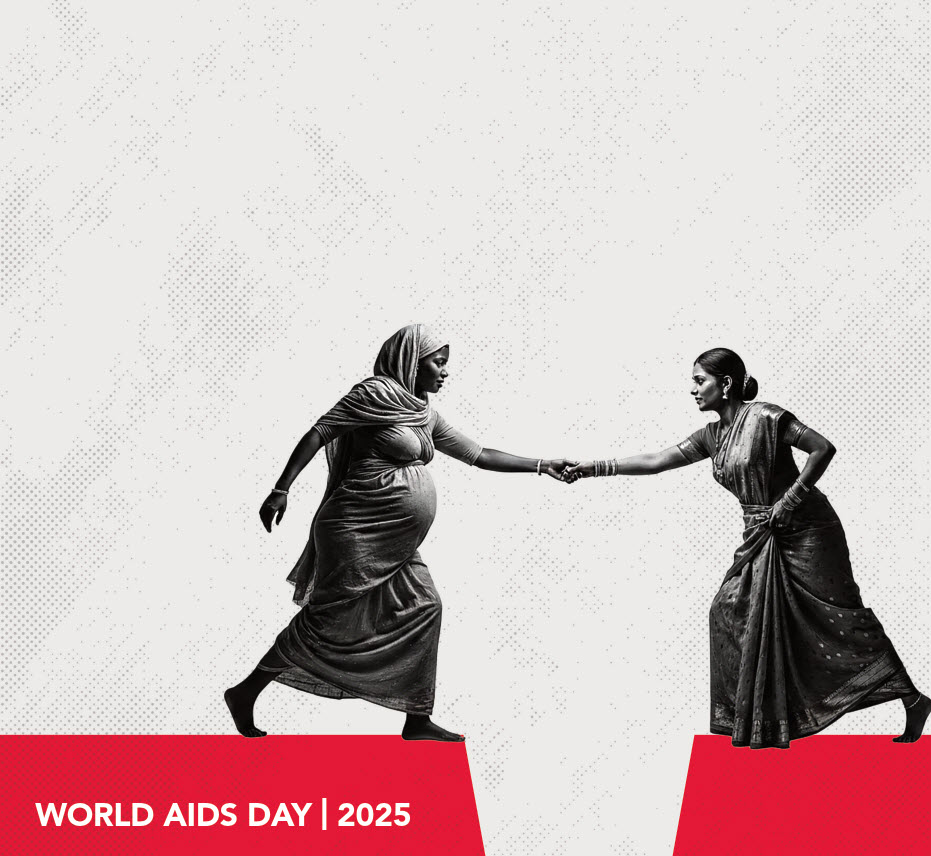
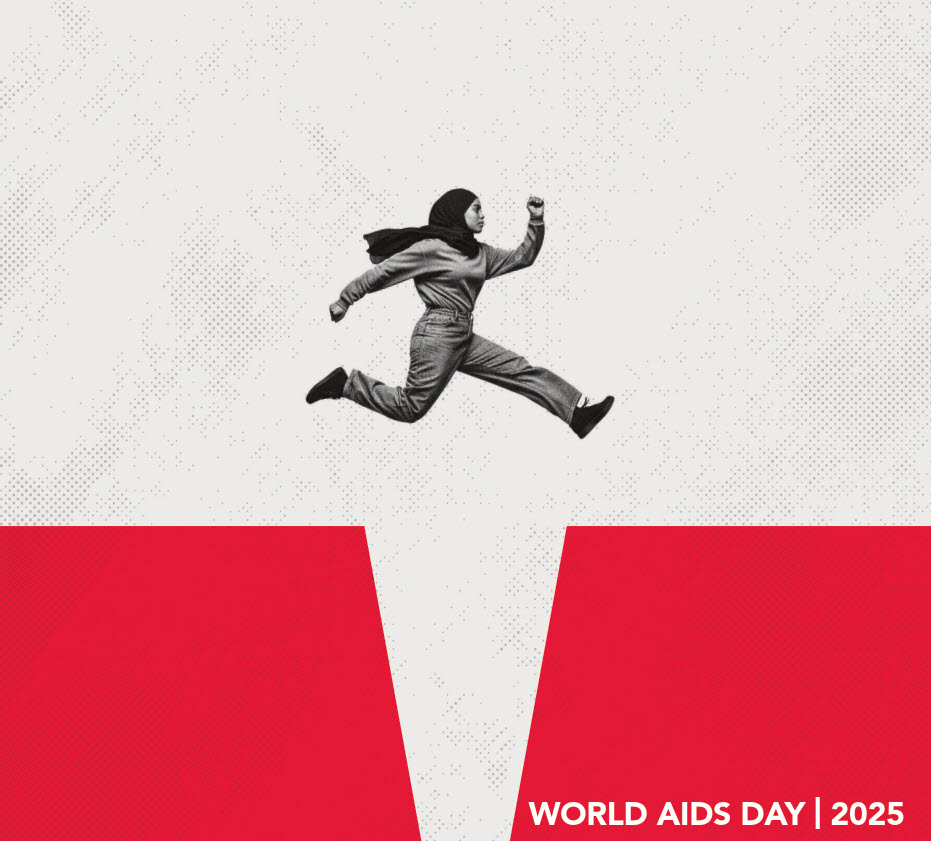
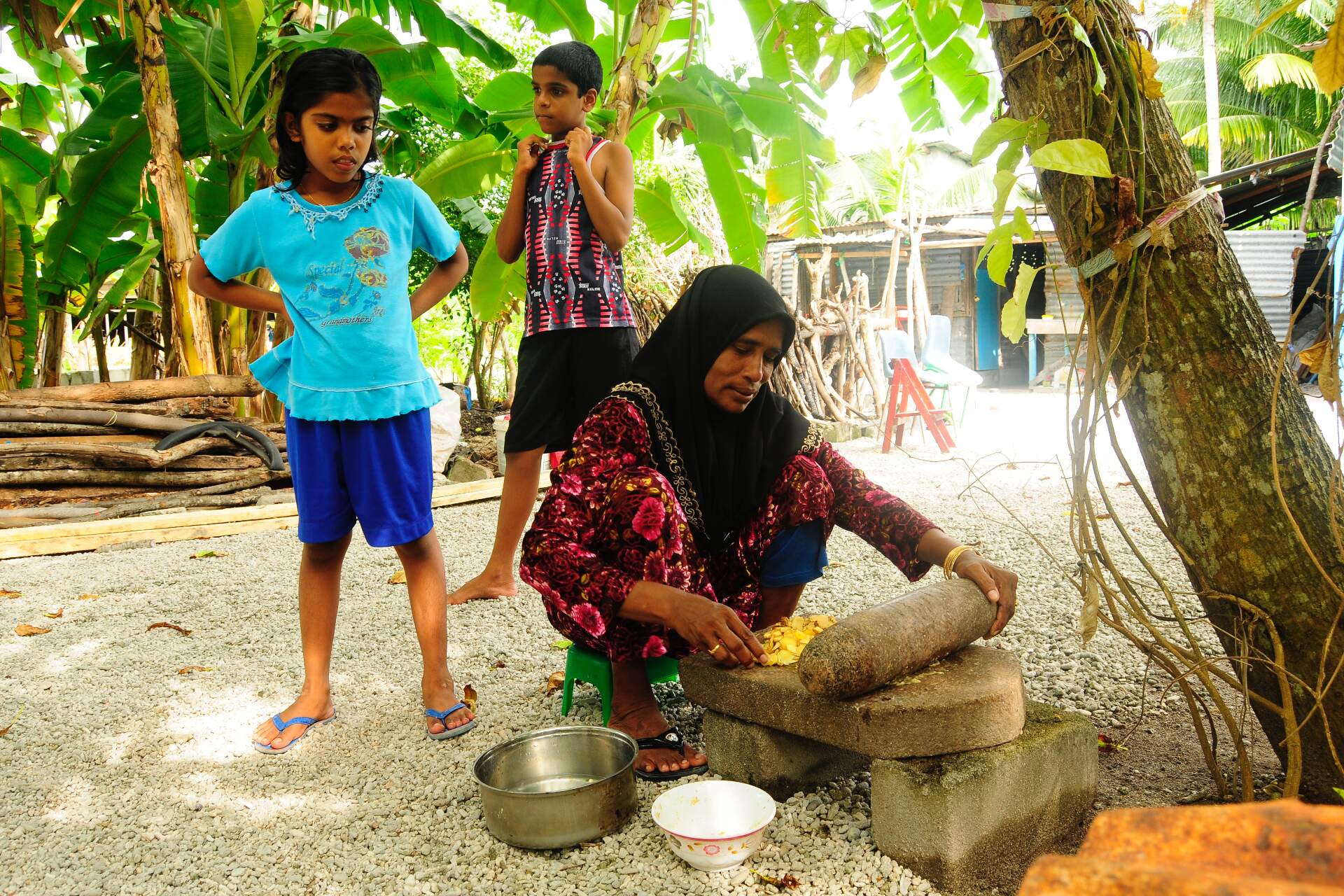
/global-hiv-hepatitis-and-stis-programmes-(hhs)/a-pharmacist-gives-information-to-a-patient-at-zewditu-memorial-hospital-ethiopia.jpg?sfvrsn=d07e728d_3)
/global-hiv-hepatitis-and-stis-programmes-(hhs)/data-manager-flavia-and-new-staff-at-railways-health-clinic-in-kisumu-kenya.jpg?sfvrsn=1f5d530a_5)
/global-hiv-hepatitis-and-stis-programmes-(hhs)/botswana-receives-gold-tier-on-the-path-to-elimination-of-hiv-at-78-wha-may-2025.jpg?sfvrsn=551a1b9f_7)
/global-hiv-hepatitis-and-stis-programmes-(hhs)/nurse-ntoyanto-takes-blood-sample-from-granville.jpg?sfvrsn=918acc3b_17)
/global-hiv-hepatitis-and-stis-programmes-(hhs)/rosa-francisco-pedro-in-a-group-meeting-with-her-community.jpg?sfvrsn=2fc18f5_11)


/global-hiv-hepatitis-and-stis-programmes-(hhs)/gustavo-distributes-an-hiv-and-other-stis-prevention-kit-in--brazil.jpg?sfvrsn=9222c363_9)
